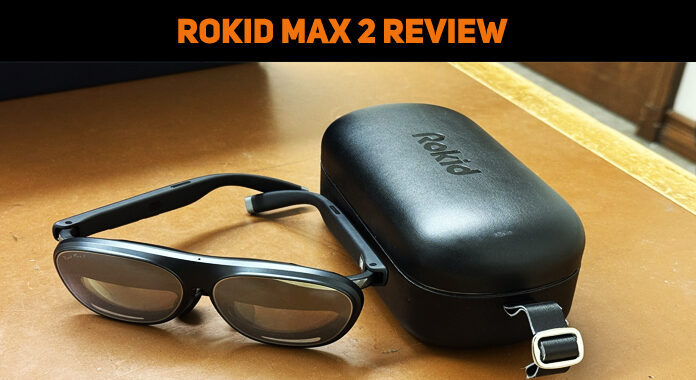Asked By
jabedperves
240 points
N/A
Posted on - 05/19/2011

Hi,
I have local area network connection in my desktop. I have shared some folder by it. Now I want to check who are copying files from my computer.
I want to know also the IP address of that computers. What software can I use for it?
Please give me the name of software with free download links. Also tell me how can I control the number of visitors in my share folders.
Thanks all.
How to manage share folders in windows7?

Hello,
Download Advanced IP Scanner 2.0 (Free Network Scanning Tool to know the IP addresses of the computers that are copying files from your computer. http://download1.famatech.com/download/files/ipscan20.exe
-
To control the number of visitors in your shared folder you need to use NET SHARE command. Before controlling the amount of visitors you should get the details of your specific shared folders:
-
Go to the Start Menu, click RUN, input cmd, press ENTER, input NET SHARE (followed by drive directory of desired folder). Share name, Path, Remark, Maximum Users, Users, & Caching should appear if the command is completed correctly.
-
To control the amount of visitors in a shared folder you need to use the NET SHARE command and input the following:
-
NET SHARE sharename=drive:path / REMARK : “My shared folder” [ / CACHE:Manual | Automatic | No ]
Sample:NET SHARE MyMusicFolder=c: Music / REMARK: Docs on server ABC” Best!
Answered By
Janine08
5 points
N/A
#101477
How to manage share folders in windows7?

Hi Jabedperves,
I hope this will help. Open "My Network Places" from the Start Menu or from the left pane of Windows Explorer (under Desktop, below My Documents and My Computer).
-
Open the "Entire Network" item listed in the left pane of My Network Places.
-
Open the "Microsoft Windows Network" item.
-
Next, open the new item that appears showing the computer's workgroup (or domain) name.
-
Finally, click on the new item that appears showing the computer's name.
In the right pane, any non-administrative Windows shares set on this computer will appear. If no items appear, no folders have been set for sharing. Folders shown in this window link to the actual shared folders. Opening any of these shares will reveal the contents of the actual folder.
Note that renaming or deleting files from this linked location is not permitted. Note also that this method reveals the contents but does not reveal the actual location of the shared folders on the hard drive.
1. To find the actual location of file shares on Windows XP or Windows 2000, and also to view administrative shares, open a command prompt.
2. To open a command prompt, click the Start Menu, choose the Accessories option, then choose Command Prompt. Alternatively, click the Start Menu, choose the Run option, then type 'cmd' in the Run window that opens.
3. Type the command 'net share' and press Enter in the command prompt window.
4. The 'net share' command shows the name and location of each shared folder on that computer.
5. Share names that end with a dollar sign ($) are administrative shares.
6. Several administrative shares are created automatically by Windows; these should not be modified.













